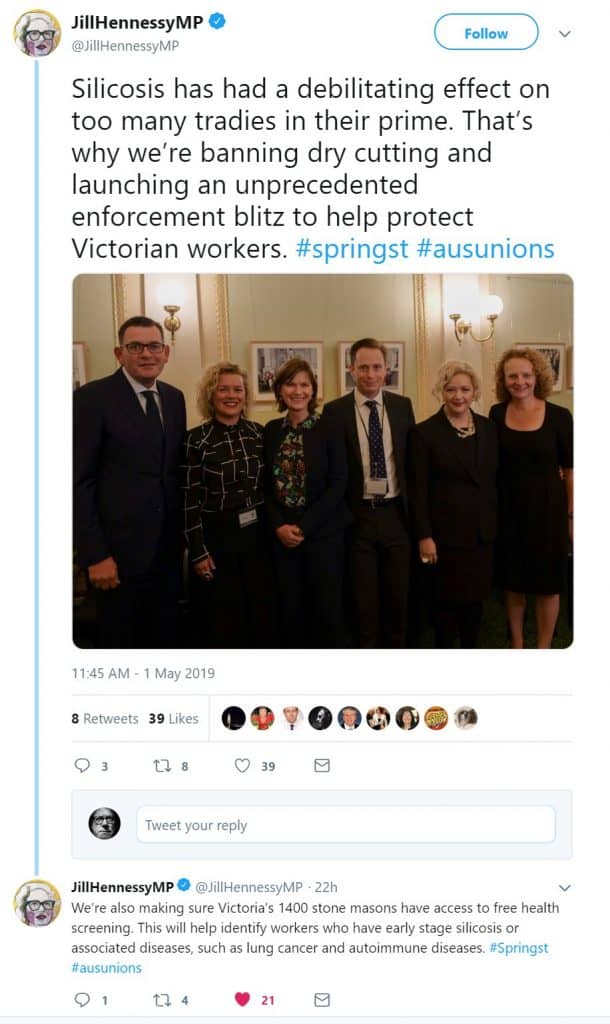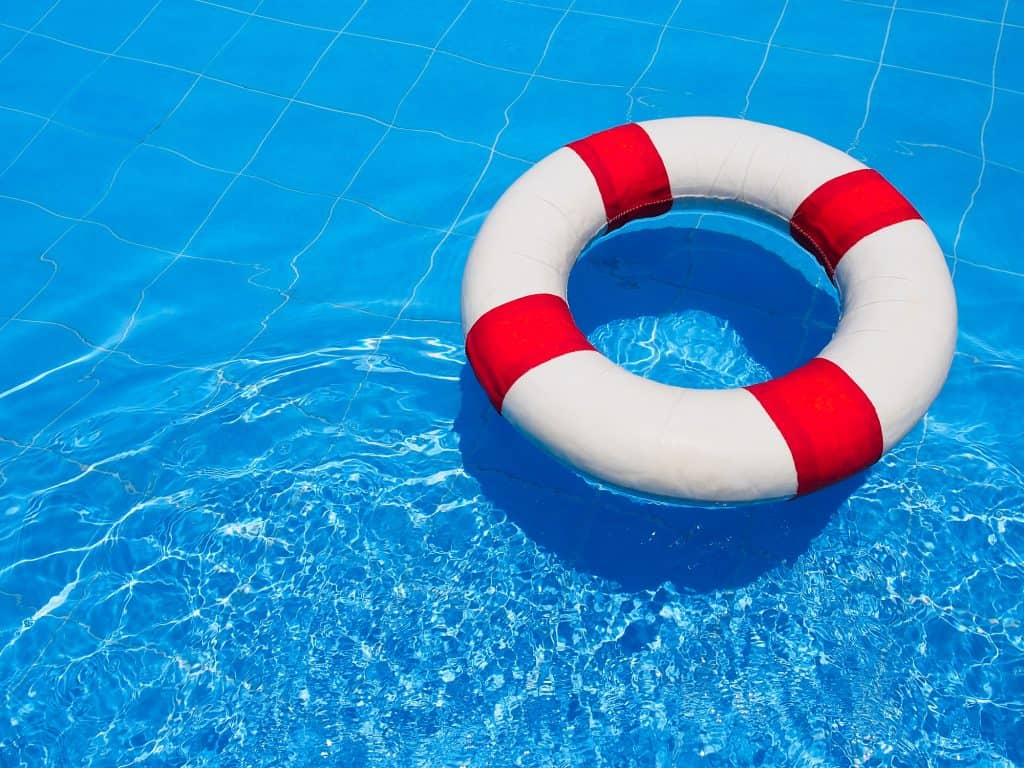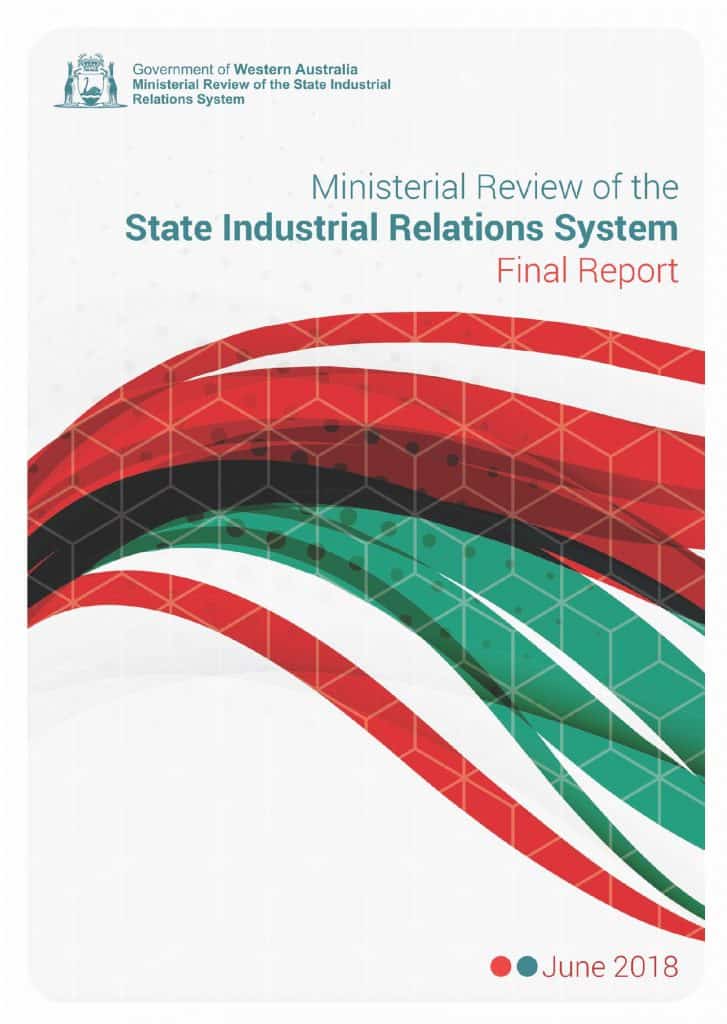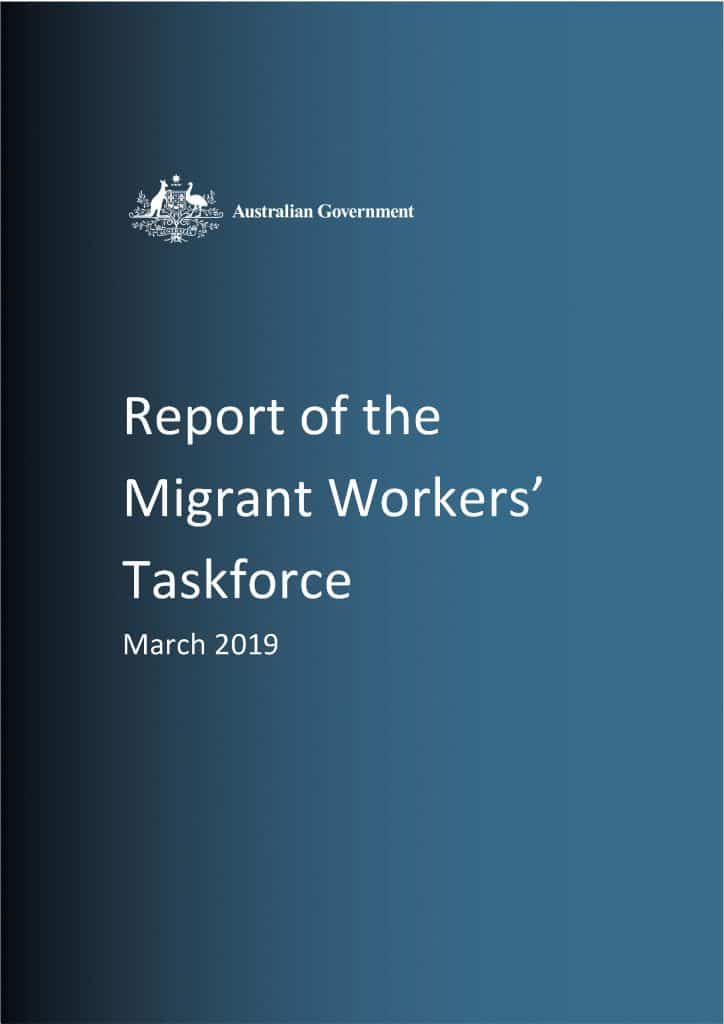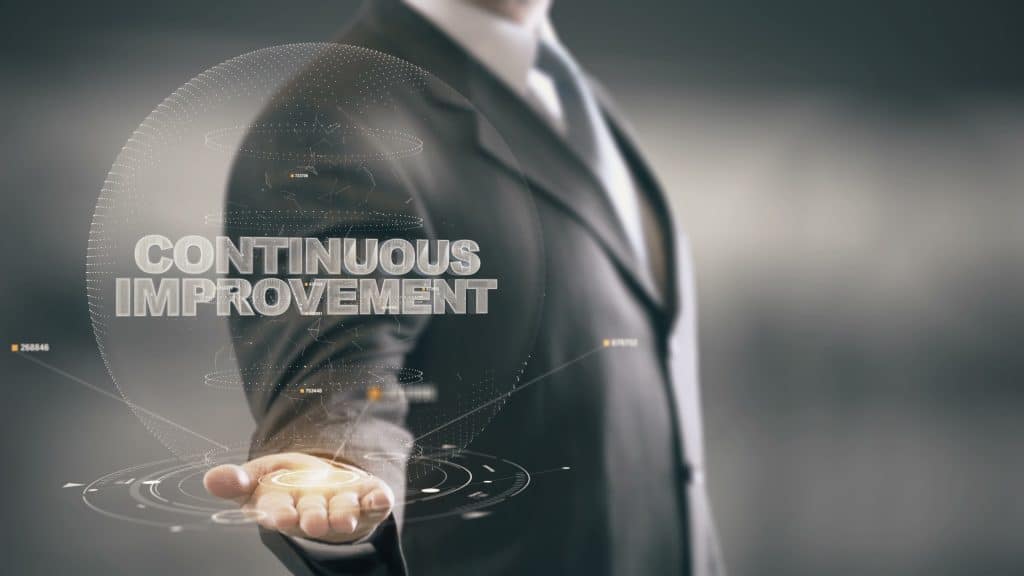A day out from Australia’s election and the discussion has been sidetracked by the death last night of prominent Australian Prime Minister, Bob Hawke, but occupational health and safety (OHS) continues to be mentioned obliquely by some of the candidates. The other day, Bill Shorten’s OHS mentions were reported on. Prime Minister Scott Morrison and one of his Ministers, Michaelia Cash, also made mention of safety and OHS overnight.
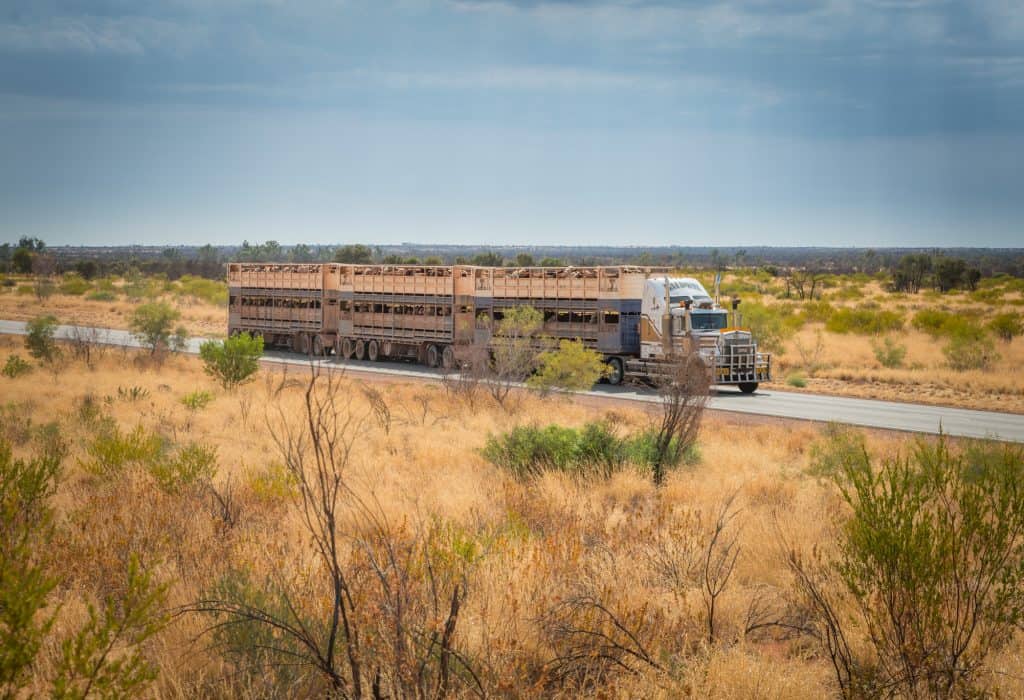
Regardless of who wins tomorrow’s election, inspirational leadership is needed to apply a revised structure on how the government influences and regulates OHS, especially in the transport sector.

